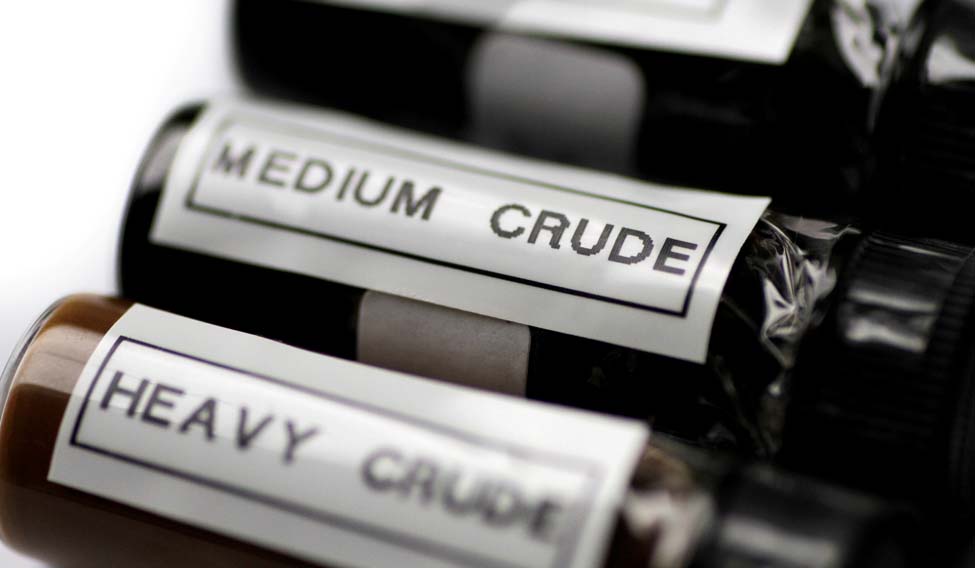Brent crude falling to $45.62, its lowest level since November should come as a huge relief to the government, say experts. Lower oil prices will help not only in reducing the current account deficit, but will also cut down government's subsidy outgo.
The reduced oil prices, however, may not be passed on to consumers, feels Dhananjay Sinha, head of institutional research at Emkay global financial services. "The government is not in a very great fiscal situation and loan waivers have worsened the problem. So I don't think they will pass it on to customers," said Sinha.
Last time too, when the oil prices had gone down to $30 level, the government instead of transferring the benefit to consumers had increased the excise duty on it.
The reduced oil prices are on account of increase in supply by Libya and Nigeria, both of which are exempt from the production cuts announced late last year. Last year, OPEC (Organisation of Petroleum Exporting Countries) and some non-OPEC producers such as Russia had agreed to cut output by 1.8 million barrels a day for the first six months of 2017.
But despite these cuts, increased supply is the major reason behind downward march of crude.
"Discovery of shale assets in US has added to the global supply, reducing US' dependence on OPEC countries. What is also noteworthy, technology ushered in cost-efficiency in shale gas extraction, making it more viable. Stronger production in US poses a serious threat to OPEC. The biggest short-term problem for OPEC will be inventories in US that are rising," said Vikash Anand, senior analyst at India Ratings and Research.
India imports 84 per cent of its total crude requirements. Oil makes for 30 per cent of total imports and 70 per cent of the current account deficit. On the back of this contraction in crude prices, current account deficit has gone down from 4.8 per cent of GDP in 2012-13 to 0.7 per cent in 2016-17.
Lower oil prices also help in reining inflation as consumers pay less for the goods. Decline in crude oil price has helped the government manage its finances better as it translates into lower subsidies on petroleum products, thereby resulting in lower fiscal deficit.
However, it might not be that beneficial for corporate performance, feels Sinha of Emkay.
"When oil went down to $35-40 levels, it was not translated into profit for the corporate world. It did positively impact oil and gas companies as they did not have to depend on government for subsidies," he said.
The oil slump positively impacts oil marketing companies such as HPCL, BPCL in two ways—firstly, to bear the subsidy cost, they have to make working capital borrowings and pay interest on that. This is because subsidies never come on time. A lower oil price saves this interest cost.
Secondly, it also improves their gross refining margins (GRMs). Sinha says that GRMs for all the oil marketinmg comapnies has been positive for quite some time because of this reason.




